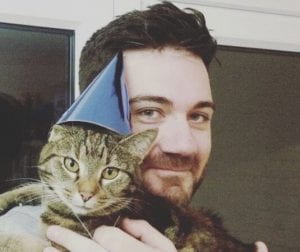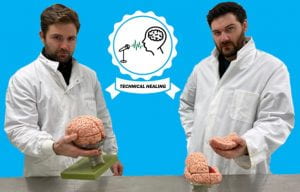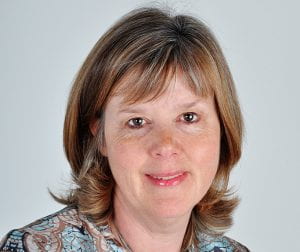By Natalie Read, Counsellor at the Student Counselling Service
 Wanting to do well and achieve success is an understandable desire, but when does this become unhelpful or even unhealthy?
Wanting to do well and achieve success is an understandable desire, but when does this become unhelpful or even unhealthy?
When your expectations are about being superhuman by imagining it’s possible to be happy and productive all the time or successful in every project, your wellbeing can be negatively affected. Not meeting these high expectations can lead to low mood and frustration as well as adding stress and anxiety about the perceived consequences. You may even feel that you’ve failed in some way, adding a further cycle of negative thoughts and feelings.
To compensate, you may develop strategies such as perfectionism, worrying, overworking, avoidance or people-pleasing. Whilst well intended, these strategies are not only ineffective (as it’s not possible to control life or avoid feelings indefinitely), they also come with unhelpful side-effects.
Instead, working towards a more realistic expectation of humanness can lead to greater happiness, self-confidence and success. Coming to terms with who you are and the realities of life – that’s being human, with unique strengths and also development needs.
There’s a difference between knowing this and putting it into practice, so here are some principles to help.
Have expectations which reflect the flow of life. Like the weather, life is naturally full of ups and downs. No one is immune to life’s challenges or facing difficult emotions. You can’t avoid these, but you can influence the size of the “down”. Every time you judge yourself, or blame yourself for other people coping better, or ignore your feelings, you create additional layers of emotion on top of what you’re already experiencing. Each additional layer makes the “down” more difficult to overcome.
If instead you acknowledge that, despite appearances, everyone faces difficulties from time to time, you can navigate the “down” more easily as you don’t have those extra feelings of guilt and shame to deal with. Acknowledging that makes life easier, though it’s not easy!
This is especially relevant now, when we’re facing increasing complexity and uncertainty in so many ways. If you’re feeling overwhelmed or low, try putting easier, more routine tasks, and tasks that match your strengths, into your day. Lower your expectations of yourself, practice more self-care and self-compassion than normal, find an outlet for your emotions and try not to add more layers of judgement to the billing.
Re-evaluate success. By learning to measure yourself by your intentions and your effort rather than outcomes or responses, you take back control of how you define success. Not expecting positive results all the time and remembering that actually you grow and learn the most as a result of difficulties and challenges can prevent you from feeling a failure. When something doesn’t go well, acknowledge that it could be something to learn from or is helping you towards a happier or more successful outcome in the long run.
These strategies are relevant to both professional and personal circumstances. Try to make your coping strategies more conscious, then review their impact and what decide what could make them even more effective. What could help you see yourself as more human, not superhuman?
Natalie Read is the author of Being Human – the path to self-acceptance, resilience and happiness.





